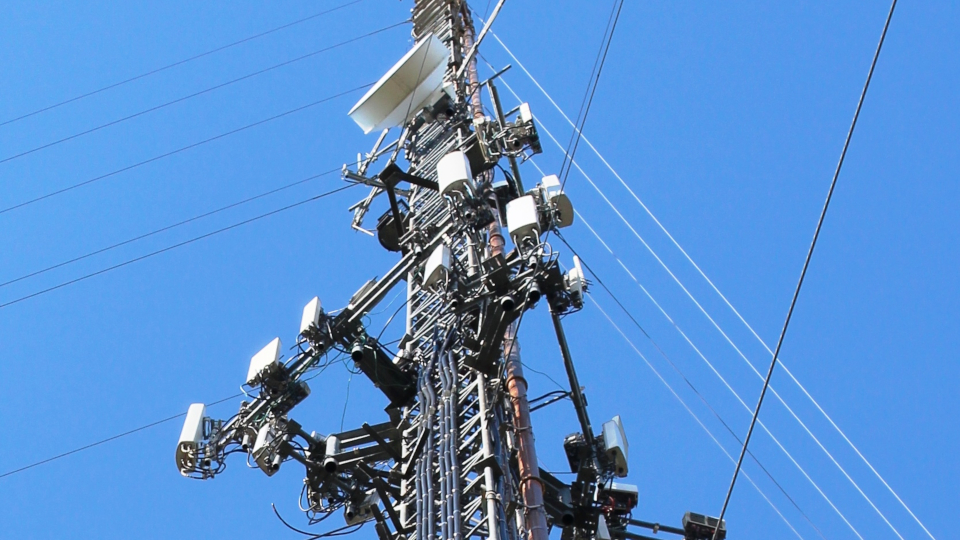70-Year-Old Antenna Site Rules Up for Debate by FCC
The professional video industry's #1 source for news, trends and product and tech information. Sign up below.
You are now subscribed
Your newsletter sign-up was successful
WASHINGTON—Times have changed since 1945, and the FCC wants to make sure that it is keeping up with those changes, seeking to update many of its media rules that may no longer be relevant. The latest such attempt comes with rules dealing with who has access to antenna sites.

The commission announced a Notice of Proposed Rulemaking (MB Docket No. 19-282) on Friday, Oct. 25, seeking comment on whether current rules originally crafted in 1945 should be eliminated or revised. Specifically, the rules prohibit the grant, or renewal, of a license for a TV or FM station if the applicant or licensee controls an antenna site that is suitable for broadcasting in the area and does not make the site available for use by other similar licensees.
The FCC says that since the rules were introduced, there has been an increase in antenna sites suitable for broadcasting, a majority of which it says are owned by non-broadcast entities. Calling them “rarely invoked,” the FCC seeks comment on whether the rules are necessary in today’s environment to promote competition and a variety of broadcast sources.
All five commissioners approved of the NPRM.
“These rules date back to 1945,” said FCC Chairman Ajit Pai. “At the time, there was a freeze on broadcast station construction in order to conserve equipment and material needed for World War II. The commission was also concerned about developing the still-nascent FM radio and TV services at a time when broadcasters were still the predominant antenna site owners. But that was a long, long time ago; today there are abundant FM and TV stations, the tower site market is flourishing and commission staff has been unable to find a single instance where these rules were successfully invoked. What they have found are parties citing these rules without a factual basis for doing so, resulting in unnecessary delay of commission proceedings.”
“We must keep up the effort to free traditional, regulated industries from regulatory burdens where appropriate; otherwise, they will continue to fight with one, or both, of their proverbial hands tied behind their backs,” wrote commissioner Michael O’Rielly in his statement.
No deadline for comments has been given at this time.
The professional video industry's #1 source for news, trends and product and tech information. Sign up below.
